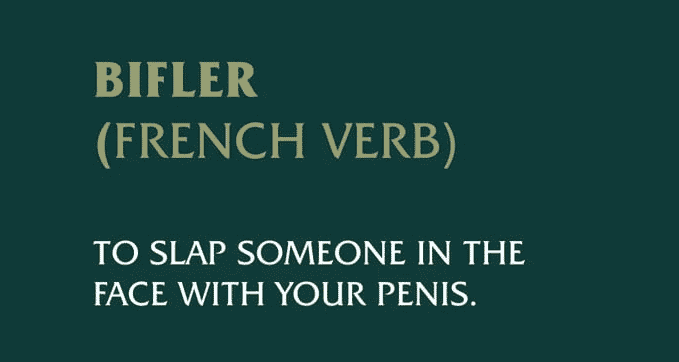No language has all of the words, and English is no exception. While you can express the complex feeling of “insecurity, fear, concern, and envy over relative lack of possessions, status or something of great personal value, particularly in reference to a comparator, a rival, or a competitor.” with one word (i.e. jealousy), some other very simple concepts need to be expressed with more than one word, like the day after tomorrow. With input from our amazing followers at The Language Nerds, we have compiled a list of some of the most interesting words that exist in other languages but have no equivalent in English. You really don’t want to miss any of them.
1.

2.

3.

4.

5.

6.

7.

8.

9.

10.

11.

12.

13.

14.

15.

16.

17.

18.

19.

20.

21.

22.

23.

24.

25.

26.

27.

28.

29.

30.

31.

32.

33.

34.

35.

36.

37.

38.

39.

40.

41.








In Dutch ‘the day after tomorrow’ is ‘overmorgen .
Another good albeit slightly rude Dutch word is ‘uitbuiken’. Relaxing after a meal, sitting comfortably and perhaps undoing a button or loosening your belt.
In Icelandic, ‘the day before yesterday’ is ‘fyrradag’
Numbers 11 and 35 have captured my fancy…So evocative! What is the word for longing to go on a nature walk through sun dappled woods?
In English ‘the day after tomorrow’ is overmorrow, although the word is archaic.
In Norwegian we have the word “forigårs,” meaning, “the day before yesterday”.
Like Swedish we also have the word “linselus” (lit. “lense louse”), but it means more something like: “someone who’s not supposed to be in the picture in the first place, and is looking into the camera.”
It can be by accident, an innocent passersby who happens to look in that direction, or a joke.
On a different note, if you think about it, it makes you wonder just how often these things happened in a given culture for their languages to have such specific words for it…
I’m looking at you, “defenestration”!
The Russian word here is not correct…Most likely, it should be Razlyubit’
#1 exists in Swedish as well: skadeglädje, there’s even an idiom roughly translating into: “seeing others fail is the only true happiness”. Who could have thought that about us?
Also for #40 we have something similar: fylleidé. You can basically add “fylle-” to any verb and it turns into something you do while drunk, fylleprata (talking while drunk), fylleköra (driving while drunk, not recommended).
A comment on #5: there’s no such word in Russian, a quick Google search tells me it seems to be an urban myth, something like “harakiri”.
No. 2,sobremesa, refers to the relaxed, conversation held at the table after a meal.
In Czech, we have a fixed expression for nr. 18 (gazing thoughtlessly into the distance).
We say “koukat do blba”, “to be looking into the stupid” (in a similar way someone might look into the light, meaning space filled with light – here it is an imagined space filled with stupidity).
Also, Dutch/Flemish has a similar concept for 37., “fout”, literally “wrong/mistake” – a joke/song/outfit… which is such a bad taste that it is actually funny again”.
No.8 “boh” found its way into dialect of Rijeka(Fiume), Croatia. No one else in Croatia uses that term. Totally makes sense since Rijeka had a big italian population and was even a part of Italy between two world wars
#18 somehow exists in German, too (at least in Austria): The thing you are looking into when you are looking into the far is called “Narrenkastl” (translates to “idiots cabinet”)